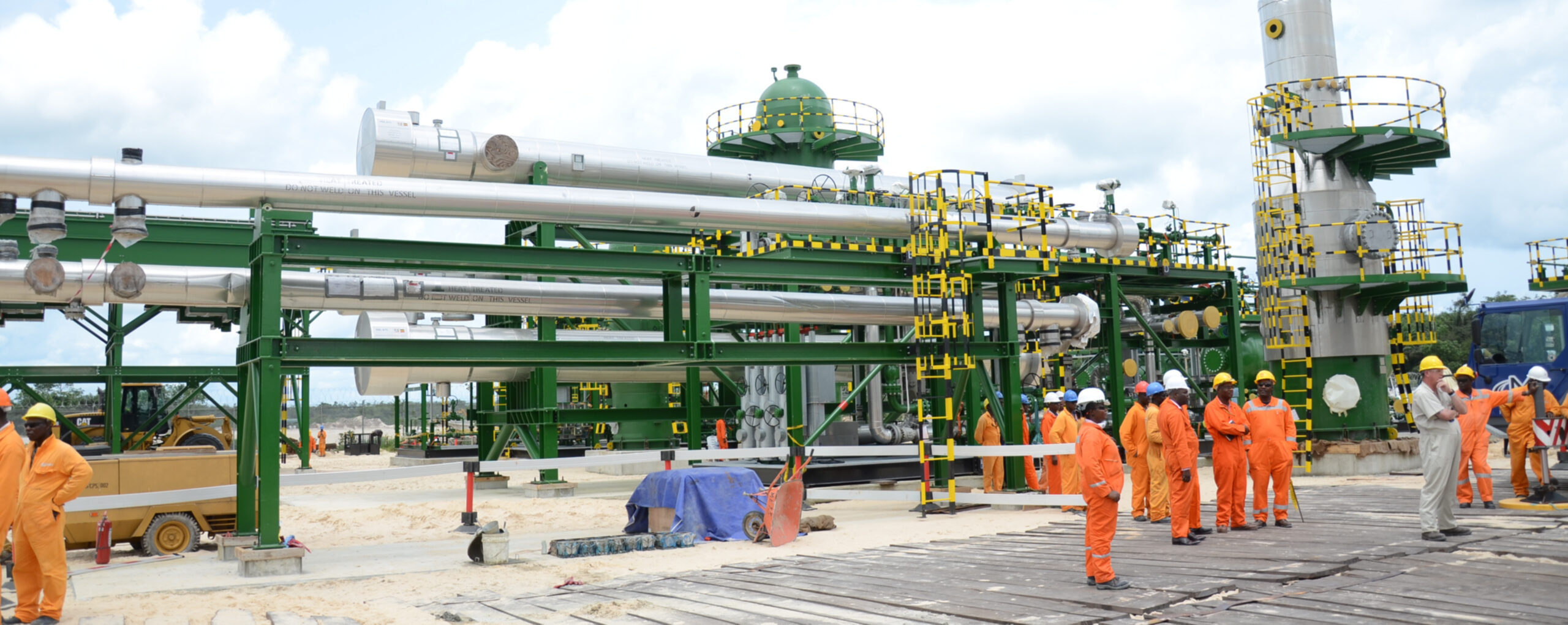Crude Oil since its discovery has become an essential commodity not just to individuals in meeting their daily needs, but to countries of the world at large. According to reports, Oil is responsible for supplying 33% of all energy and tops every other natural. Also, about 3% of the world’s Gross Domestic Product (GDP) is based on Oil.
NNPC, founded in 1977 is a state-owned corporation owned by the Federal Government of Nigeria – it is the corporation through which the government control and partakes in oil activities such as exploration, production, and refining, among others in the country. Crude Oil through the NNPC is Nigeria’s biggest export and it is responsible for about 70% of Nigeria’s revenue and about 7.5% of the country’s GDP.
Aramco on the other hand is the oil corporation of the Government of Saudi Arabia. Founded in 1933, it is the world’s largest oil exporter. Like Nigeria, 70% of Saudi Arabia’s total export and approximately 53% of revenue is derived from oil.
Barrels apart: NNPC and Saudi Arabia
Nigeria and Saudi Arabia both belonged to the Organization of Petroleum Exporting Countries (OPEC). There’s some similitude in oil activities between both countries, but will NNPC ever match Aramco?
Oil Production
Aramco currently produces about 10.3m b/d which makes it one of the top three oil producers in the world. According to reports, Saudi Arabia holds 15% of the world’s proven oil reserves. With this, Saudi Arabia is a major player in the oil sector in the world and could affect oil prices by decreasing or increasing its production. NNPC with a maximum production capacity of 2.5m b/d only produces about 1.4m b/d, the NNPC also cited that it loses about 200,000 barrels to oil theft daily. NNPC’s daily production if at maximum capacity will only produce about 25% of Aramco’s daily production.
Refineries
Aramco currently owns five refineries with its last one, Jazan Refinery Complex, completed in 2021. Aramco currently refines about 3m b/d from its refineries. Oil from its refineries is used domestically and also exported to different parts of the world. NNPC currently owns four refineries with two located in Port Harcourt, Warri, and Kaduna. The refineries have a combined installed capacity of 445,000 b/d, but they are moribund and do not refine a single liter of fuel. This contrast also affects both countries’ economies. Saudi
Arabia’s biggest imports include Machinery, mechanical appliances, and electrical. Refined petroleum products are Nigeria’s biggest import on the other hand. Due to the moribund nature of Nigeria’s refineries, the country despite producing oil also imports oil.
Revenue
The pandemic in 2020 affected businesses and economies all over the world, and oil was not left out. In 2020, Aramco reported a revenue of about $205 billion in 2020. In 2021, the corporation reported revenue of $360 billion. This makes Aramco one of the world’s most profitable companies with a net income of over $100 billion in 2021. The NNPC since its creation has incurred losses, after each financial year. In 2020, the NNPC according to Nairametrics reported revenue of N3.7 trillion (less than $10 billion), reporting a profit of N281 billion. In 2021, the corporation made revenue of N2.9 trillion (less than $8 billion). The huge difference in revenue is not only due to its production and refinery capacity, but also because the NNPC has over the years been enmeshed in corruption scandals, and debt payment, among others.
Oil Reserves
The Oil reserves of Aramco hit 193 billion barrels in 2021, making it one of the countries in the world with oil reserves. Russia’s invasion of Ukraine is also set to profit corporations like Aramco which is amongst the biggest producers of oil, having a huge impact on its GDP. NNPC currently has an oil reserve of 21 billion barrels, also making it one of the top countries with large oil reserves.
Nigeria and Saudi Arabia have contrasting numbers. Nigeria with a population of over 200m people has a land mass of 923,768km², while Saudi Arabia with a population of about 35 million people has a land mass of 2.15mkm². These numbers also have an impact on both countries since the revenue of both countries is similar. Nigeria with a large population compared to Saudi Arabia has to spend its revenue which is smaller when compared to a bigger population.
The jury still remains that for NNPC to be efficient and competitive with the world’s leading sovereign entities – there has to be concentrated efforts from the Federal Government to ensure the corporation is run with transparency, accountability, and judicious management of resources.
Article Originally Published Here
